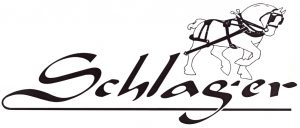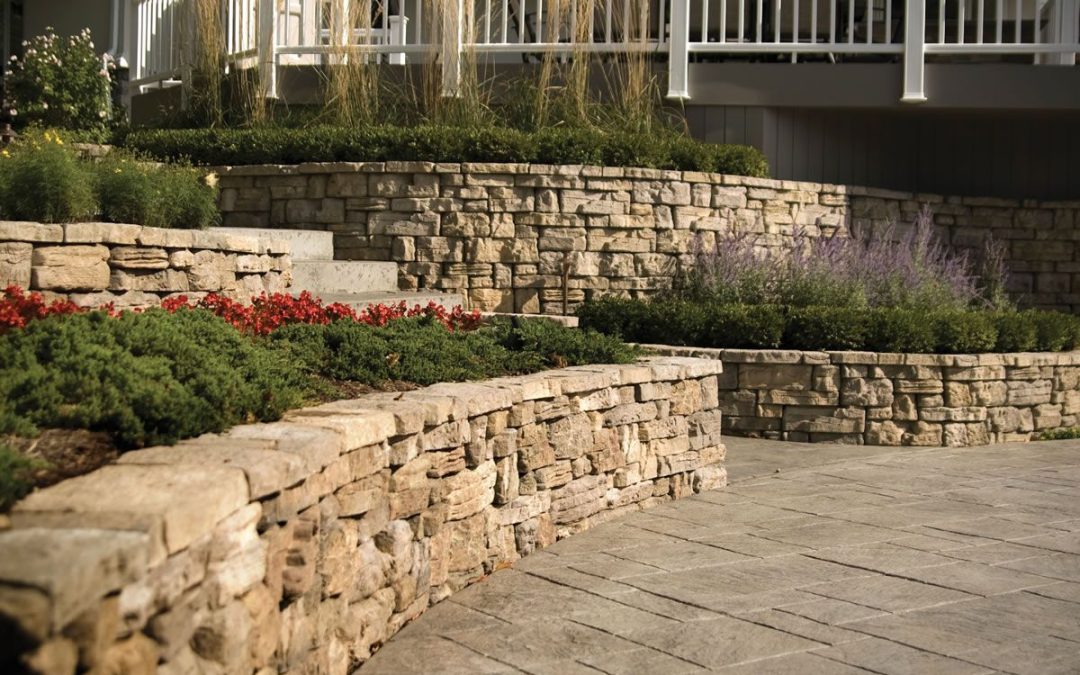Nestled among scenic forests, shorelines, and islands along Georgian Bay, Parry Sound’s hilly landscape comes from its glacial past. Retaining walls play a vital role in developing residentially zoned areas along these uneven contours. Stabilising slopes opens the possibility of creating usable yards and buildable spaces. With walls being integral to any Parry Sound property, understanding performance attributes benefits both homeowners and contractors. This article will examine and explain popular materials in addition to installation factors to take into consideration during selection.
Poured Concrete
Of the options out there, the longevity that poured concrete provides through 50+ years with minimal upkeep is unmatched. Its monolithic structure built on-site by local companies suits complex wall designs holding significant loads for slopes near structures. While pricier at $50-100 per square foot installed, concrete retains 85-90% resale value. Reinforced with rebar, it yields unparalleled strength, resisting freeze/thaw cycles, wet seasons, and severe storms- all of which are common to Parry Sound.
Aesthetically, sandblasted or rockfaced finishes complement natural surroundings. Forming curved shapes possible with timber requires expertise, but it streamlines projects. Drawbacks include a significant initial investment and multiple construction stages, which would extend schedules. Curing several weeks prevents prompt landscaping as well. All said, for permanent installations demanding high performance, concrete proves a sound choice.
In addition, poured concrete
- Provides a very sturdy and long-lasting structure capable of withstanding heavy loads
- Can be moulded into complex curved or stepped designs
- Offers a very refined, polished look that can resemble stone
- Edges and joints are highly precise compared to other materials
Stacked Stone
Drawing from regional granite, dry stacked stone walls exude rustic beauty. At a price of $25-75/sq ft, after construction, they provide drainage that benefits the root systems behind while also reflecting the textural environment. Formalizing structure through mortaring allows taller heights to be securely held with reinforced cavities.
The inherent appeal of authentic stone lends timeless landscape enhancement. Sources quarry within an hour’s drive, which lowers material costs compared to other regions. Artisan-coordinated vertical lifts require fewer workers than concrete pours. However, installers face material weight impacts, especially for cut stones, which increase labour expenses. Although overall maintenance remains low, calling for periodic inspection and repointing mortar joints.
In addition, stacked stone
- Allows for drainage and the growth of plant roots behind the wall
- Commonly uses locally sourced stone, which is aesthetically pleasing
- Mortar provides stability at heights greater than dry-stacked wall options
- Thick masonry construction maintains stability in saturation/freeze-thaw cycles
Interlocking Concrete Block
Concrete blocks achieve functionality and affordability by balancing initial and long-term costs. At a price of $15-40/sq ft when installed, their interlocking design streamlines basic DIY projects under two feet tall. More prominent professionals build complete multi-level terraces faster than hand-laid stone or timber equivalents.
Straight stacking forms a structured border without overwhelming landscaping. Impervious surfaces shed water well, while hollow cores plant roots breathe freely. Resistance to cracking surpasses wood. However, the coursing block uniformly demands grid planning to avoid misaligned levels and ponding behind negligible protection against vehicular impacts that may crack panels.
In addition, interlocking concrete blocks,
- Less physically demanding to install than poured concrete or stacked stone
- Affordable cost compared to stone or timber retaining walls
- Hollow cores lighten blocks, reducing material costs and installation effort
- Straightforward to construct curved/angular shapes compared to timber
Timber
Charming cabin-esque aesthetics inspire many Parry Sound properties to wooden retaining walls. At approximately $30-60/sqft inclusive of hardware and landscaping, pressure-treated cedar weathers favourably 7-10 years between sealing maintenance. Skilled carpenters hand form curved designs and continuity suits winding trails through conservation lands adapted for public use. Detracting water damage risks rises without prompt protection and periodic restaining. Rot prevention gains prove minor between coats application. Long-term lifecycle costs are higher than alternatives. Though natural material complements forested terrain, maintaining integrity demands dedication, assuring saturated soils don’t decay structural integrity prematurely.
In addition, Timber
- Provides an organic, natural aesthetic that blends well with landscaping
- Allows for curved and ornate designs not easily achieved in concrete/stone
- Lightweight materials are easier for DIY installation than masonry options
- Offers privacy/screening benefits depending on wood variety/board spacing
Gabion Baskets
Where pragmatism matters most, gabion basket walls built by landscapers for $15-50/sq ft offer a rugged solution. Their construction flexibility complements natural topography with minimal site alteration. Unlike rigid alternatives, damage involves restoring dislodged rock rearranged during high flows restored with minimal fuss.
However, loosely filled containers need more architectural definition. Careful engineering placement and gravel selection prevent washout from compromising stability foundation stability. Periodic inspection verifies containment and repairs erosion gaps before undermining occurs. Though low initial investment suits modest budgets, life cycle performance depends on conscious long-term stewardship, maintaining designed grade and fill.
In addition, Gabion baskets
- Flexible construction adapts easily to uneven or steep terrain contours
- Low-cost material uses readily available rock instead of more expensive options
- Fast installation requires no curing time like cured concrete or mortared stone
- Minimal site preparation disturbance compared to excavations for other designs
Conclusion
Each retaining wall type conveys strengths suiting various Parry Sound installation contexts through structural longevity, aesthetics harmonizing natural environs, budget alignment, or hands-on involvement. Professional guidance ensures not just initial safety and functionality through proper drainage, foundations and engineering but enduring performance adapting designs for wall height, material availability, and environmental exposures particular to each site. With thoughtful selection, walls stabilize terrain while developing land resources sustainably within this glacially carved region.
Why Us?
Starting in 1986, Schlager has been providing stellar services to our clients in the Parry Sound and Muskoka area in the field of construction and hardscape landscaping. From our first-rate portfolio of varied services with impressive results and equally impressed client testimonials, you can tell that the results speak for themselves.

